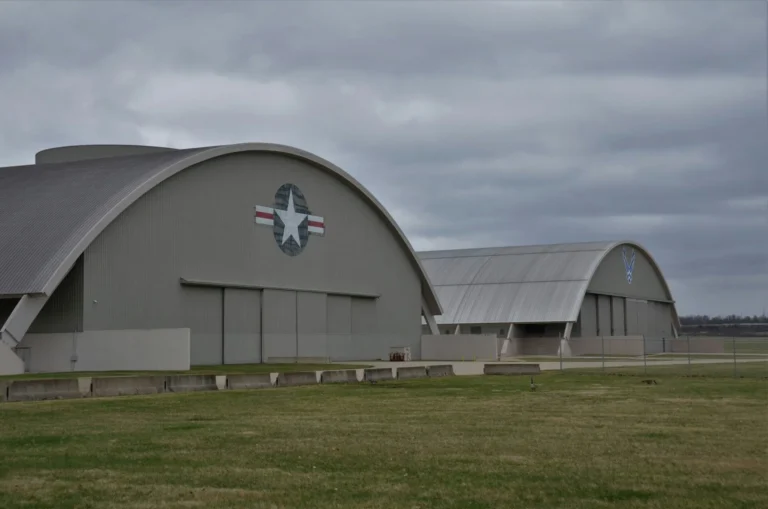The UN operations keep much of the world from sliding down into chaos –and possibly pulling America down with it. Has State Department Crippled UN Peacekeeping Missions?By Cliff Montgomery – Dec. 22nd, 2008The State Department has failed to provide Congress with vital “information about UN troop and other resource gaps” in the United Nations’ peacekeeping operations, reveals a Government Accountability Office (GAO) study released on December 18th.The UN operations maintain international security. They keep much of the world from sliding down into chaos–and possibly pulling America down with it. Therefore it’s essential that these operations are properly manned and funded. This can only be ensured when our representatives in Congress, and the American people themselves, know what is needed and what they can provide.Below offers some essential points of the study, quoted from the highlights of the report:“The United Nations (UN) supports U.S. interests in maintaining international security by deploying and operating 16 peacekeeping operations in locations in conflict, including Darfur, Lebanon, and Haiti.”Over the past 10 years, the number of deployed UN personnel increased from about 41,000 peace-keepers and civilian staff to about 109,000 in 2008.”In this report on the UN’s capacity to deploy further operations, GAO was asked to examine (1) the evolution of UN peacekeeping operations in the past 10 years; (2) the likely characteristics of a potential new peacekeeping operation, given this evolution; (3) the challenges, if any, the UN would face deploying this operation; and (4) U.S. efforts to support and report on UN peacekeeping.””UN peacekeeping operations since 1998 have taken on increasingly ambitious mandates, been located in more challenging environments, and grown in size and scope. UN operations in 1998 averaged three mandated tasks, such as observing cease-fires; in 2008, they averaged nine more ambitious tasks, such as restoring government institutions. Operations in 2008 were located in some of the world’s most unstable countries, were larger and more complex than in 1998, and deployed thousands of civilians.”Based on trends in peacekeeping and recent UN planning options, GAO analysis indicates that a potential new operation would likely be large and complex, take place in sub-Saharan Africa, and have nine mandated tasks.”This potential new operation would likely require member states to contribute 21,000 troops and military observers, including those in engineering and aviation units, and 1,500 police to carry out the mandate. The UN would likely need to deploy 4,000 to 5,000 civilians. The operation’s logistics needs also would be large and complex.”The ability to fully deploy any potential new operation would likely face challenges, in view of current UN resource constraints. As of September 2008, ongoing UN operations had about a 20 percent gap between troops and military observers authorized to carry out operations and actual deployments.”For police, the gap was about 34 percent; it was similar for civilians.”Some gaps reflect UN difficulties in obtaining and deploying resources to carry out operations. Lack of these resources, such as special military units, prevented some operations from executing mandates. Lack of infrastructure in the potential new operation’s environment would challenge the UN to provide logistical needs.”The U.S. government has helped train and make available over 40,000 troops and police through the Global Peace Operations Initiative.”The President is required to report to Congress on UN peacekeeping operations’ status and effectiveness. State provides some of this information through its monthly briefings to Congress. However, in its notifications and annual peacekeeping reports to Congress, State has not provided information about UN troop and other resource gaps—important elements of status and effectiveness.””To ensure Congress has the information needed to consider U.S. budget and other requests for peacekeeping, GAO recommends that the Department of State include in its reporting to Congress information about UN challenges and gaps in obtaining resources needed to carry out peacekeeping.”Like what you’re reading so far? Then why not order a full year (52 issues) of thee-newsletter for only $15? A major article covering an story not being told in the Corporate Press will be delivered to your email every Monday morning for a full year, for less than 30 cents an issue. Order Now! Wait, why does an independent news source run advertisements? The Spark answers in its advertising policy. * Please check out our ads–they help keep this news site running. Thanks!

ICE Has Several Rules Banning Unreasonable Force
Though agents may only employ “objectively reasonable” force, in reality there have been numerous legal actions regarding questionable practices.




